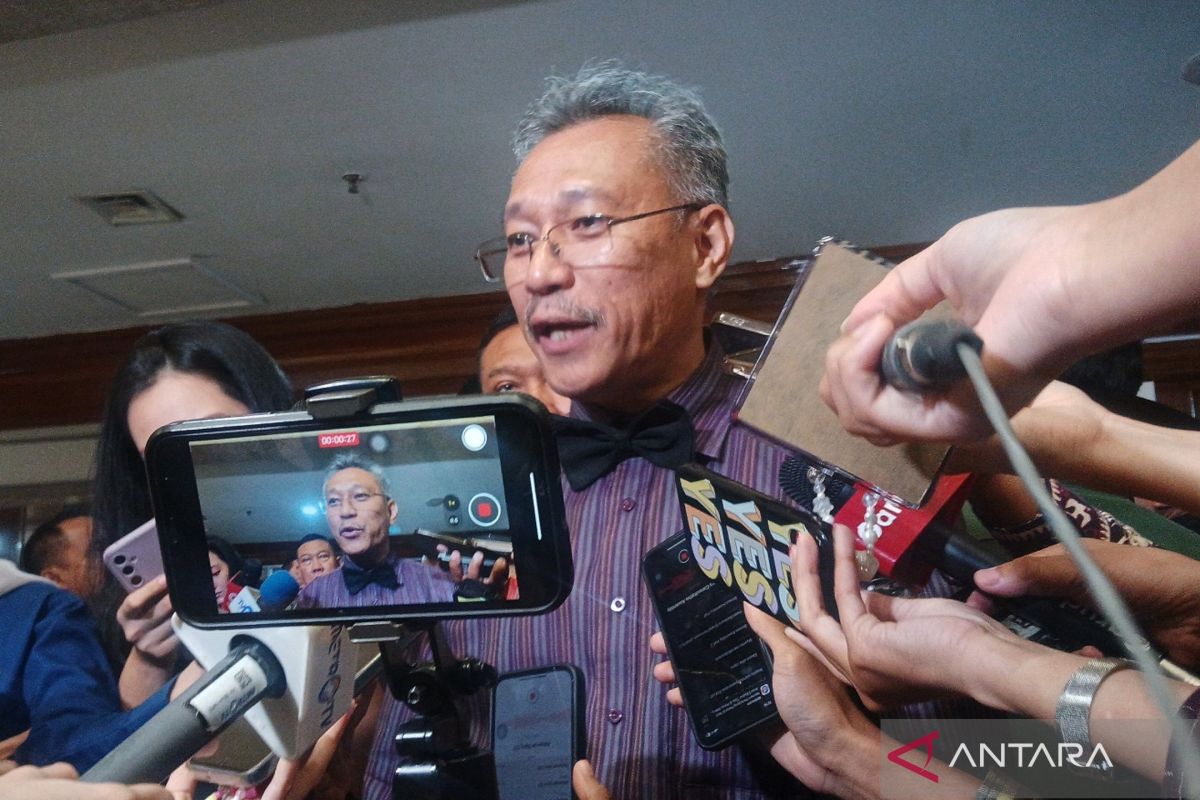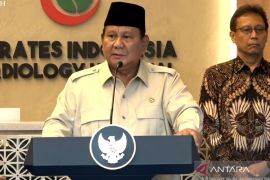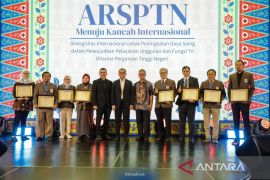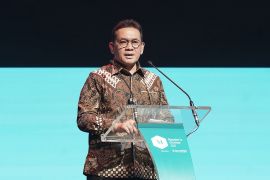President Prabowo had earlier vowed to establish 300 new medical faculties. However, the ministry acknowledges that achieving this target will require considerable time. Consequently, the ministry's current priority is improving the quality and productivity of the existing medical faculties.
The ministry's Secretary General, Togar M. Simatupang, told ANTARA here on Friday that Indonesia currently has 131 medical faculties offering medical study programs.
These institutions produce around 10 thousand graduates annually from 87 faculties.
"This indicates that 44 faculties have the potential to increase their graduate output in the coming years. Based on this data, the need for doctors can be met without establishing new faculties, which would take at least five to six years to yield graduates," he stated.
Related news: Ministry introduces programs to address specialist doctor shortage
Simatupang emphasized that the existing doctor shortage is primarily due to uneven distribution rather than insufficient graduate numbers. Thus, ensuring a balanced distribution of doctors throughout Indonesia is viewed as a more effective approach at this time.
He also highlighted that President Prabowo's commitment to establishing 300 new medical faculties underscores serious challenges within the health sector.
"Mr. Prabowo's target serves as a reminder of significant challenges concerning healthcare workers, such as access, quality, distribution, as well as high tuition fees (for medical education). There is also a lack of synergy between health services and medical education," he explained.
Related news: Hospital-based education an effort to plug doctor shortage: Minister
Translator: Sean M, Kenzu
Editor: Yuni Arisandy Sinaga
Copyright © ANTARA 2025












